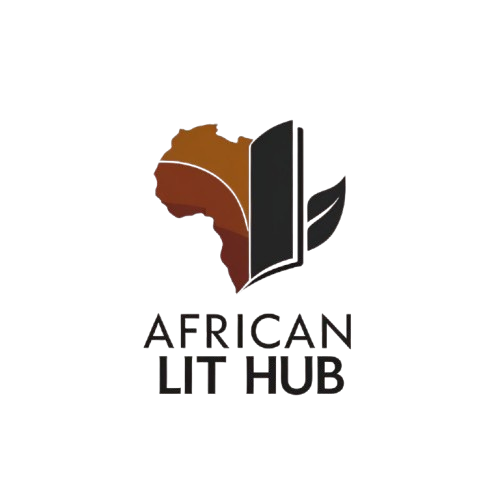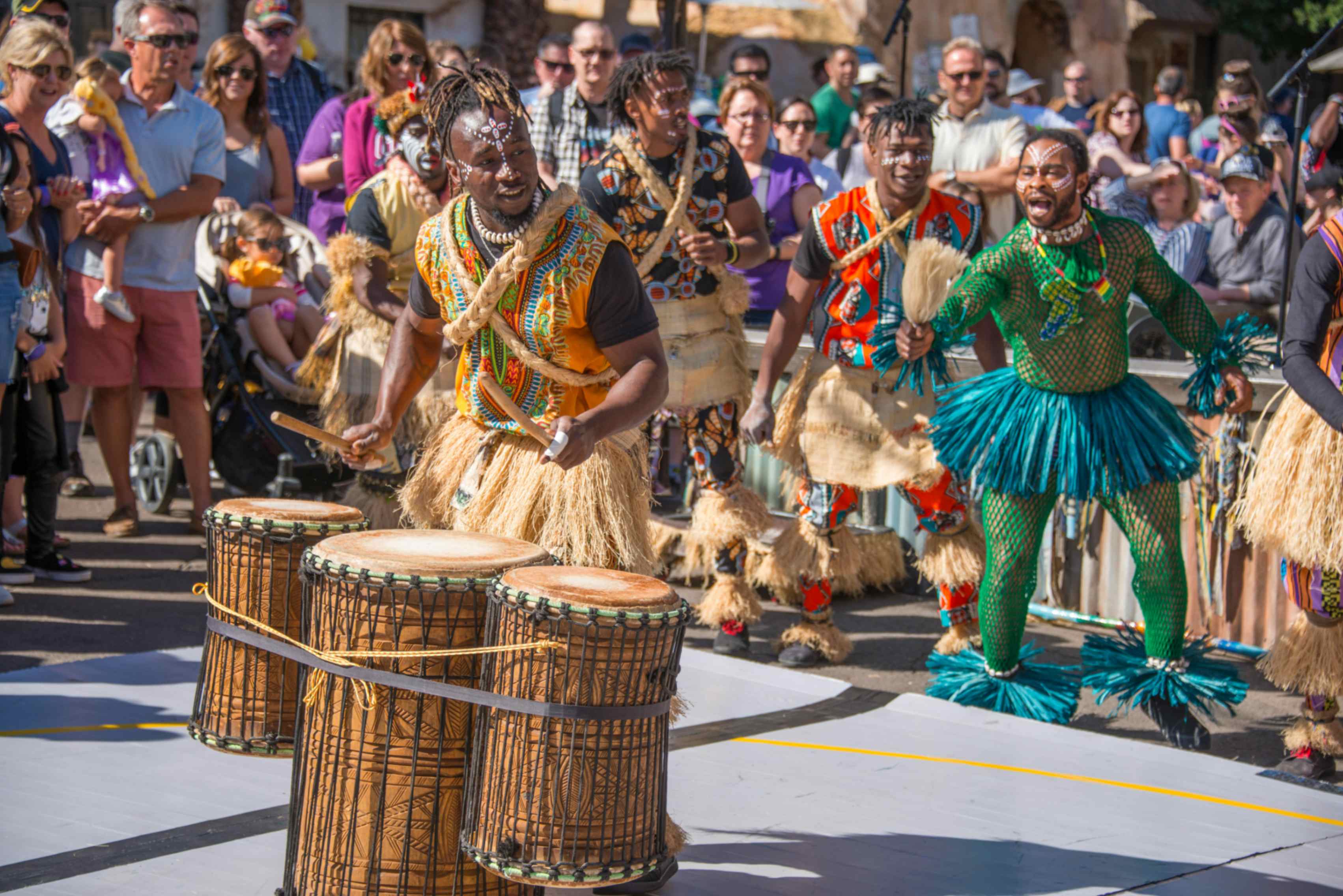African literature genres are extremely diverse, considering that there are over 40 countries on the continent. With myriad languages and a multitude of cultures, the literary output of Africa is a rich, woven complexity of oral traditions, colonial legacies, postcolonial struggles, and modern innovations. This article explores the major genres of African literature, revealing how these genres offer deeper insight into Africa’s literary landscape.
Oral Literature: The Root of African Storytelling
Before writing became the primary mode of preserving information, Africans had their original ways of protecting and preserving their culture. They conserved and passed on their histories, morals, cosmologies, and philosophies through oral literature, otherwise known as orature. Since then, this foundational genre has remained influential in contemporary African writing.
Forms of African Literature Genres in Oral Literature
Oral Narratives
- Folktales: Folktales are traditional fictional stories that originate and circulate among a particular group of people, often with common ties. Like all other traditional narratives, they often feature trickster characters like Anansi the Spider (popular among the Akan of Ghana). Moreover, they carry educational or moral themes normally deemed as yardsticks of acceptable and unacceptable standards of behaviour within a community.
- Myths and Legends: Myths and legends are a variation of folktales. Specifically, myths primarily tell stories that explain the origins of the world or a people. They also attempt to explain natural phenomena or cultural beliefs. Legends, on the other hand, are traditional stories, sometimes with a historical basis, embellished, which could be about traditional heroes. Legends and myths often intersect with spiritual beliefs. Many African cultures have myths that explain the origins of the world. For example, according to the Akan creation story, Nyame, the supreme God, first existed alone in the sky. He created everything, including his wife, Asaase Yaa, and gave birth to other deities and spirits. Similarly, one of their legends recounts Okomfo Anokye’s command of the Golden Stool, Sika Dwa Kofi, from the sky. His exploits, filled with spiritual and miraculous elements, elevate it to a legend.
- Epics: Epics are also long, heroic poems, often in verse and sung, recounting the deeds or adventures of a hero. For example, the Epic of Sundiata.
Poetry
- Proverbs and Wise Sayings: These are normally compressed expressions of wisdom, often used in conversation to teach, persuade, or warn. African proverbs are rich with poetic devices. For example, “Until the lion tells his side of the story, the tale of the hunt will always glorify the hunter.”
- Praise Poetry: Praise poems are sung in honour of kings, warriors, deities, and ancestors. The Yoruba oriki is a prime example.
- Songs and Chants: They are typically performed for specific occasions—during work, at war, in religious ceremonies, or at play. These songs and chants are often deeply rhythmic, communal in nature, and emotionally resonant.
The Role of Performance in Oral Literature Genres
Performance is a significant aspect of oral literature because oral literature is realised or executed in performance. Indeed, oral literature performances consist of a series of connected actions( dance, music, gestures, etc) by the performer who involves his audience. As a result, oral literature is context-driven, dynamic, and fluid depending on the performer’s style or memory. Owing to this, oral literature continues to inspire contemporary African literature, film, and music.
Prose Fiction: The Modern African Narrative
Modern African fiction emerged in the early 20th century. Through the works of Chinua Achebe, Ngũgĩ wa Thiong’o, and Amos Tutuola, among others, the world began to hear the stories of Africans from the African perspective. These narratives were written largely to counter the derogatory narratives spread by the colonialists about Africans and their cultures. Written in both colonial and African languages, African prose fiction now explores not only the continent’s pre-colonial era but also the continent’s historical upheavals and evolving identities.
Subgenres of African Prose Fiction:
- Colonial and Postcolonial Novels: These kinds of narratives often critique the impact of colonialism and celebrate indigenous cultures. Achebe’s Things Fall Apart exemplifies this.
- Political Novels: These address authoritarianism, corruption, and civil conflict, such as Ayi Kwei Armah’s The Beautyful Ones Are Not Yet Born.
- Historical Fiction: Historical fiction results from the reimagining of significant events and figures in African history. Consequently, such stories are a hybrid of realism and fiction.
- Feminist Fiction: They center deeply on women’s experiences, struggles, and resilience. Chimamanda Ngozi Adichie’s Purple Hibiscus and Mariama Bâ’s So Long a Letter are iconic examples.
- Coming-of-Age Narratives: These explore the moral and psychological growth of young protagonists, revealing the nuanced complexity of maturing into adulthood.
- Magical Realism and Speculative Fiction: These are a hybrid of the mystical and the real. Often, they draw on African cosmologies. Ben Okri’s The Famished Road is a landmark work in this style.
Short stories, which are a subset of prose fiction, also hold an important place in African literature. Often, they appear in anthologies, journals, and online platforms.
Poetry: The Soul of African Expression
Poetry in Africa is both ancient and contemporary. It is rooted in song and orature, and it has evolved to include written forms that convey personal, political, and philosophical messages.
Forms of African Poetry:
- Traditional Poetry: Traditional African Poetry includes praise poems, dirges, and ritual chants. It is often communal and performance-based.
- Modern Poetry: Modern poetry normally reflects colonial encounters, nationalism, identity, exile, and Pan-Africanism. Notable movements include the Negritude movement, led by Léopold Sédar Senghor, which celebrated Black identity and cultural heritage.
Today’s poets like Warsan Shire, Koleka Putuma, and Niyi Osundare explore gender, migration, mental health, and more. African poetry remains versatil and is accessible. It flourishes now in print, spoken word, and digital media.
Drama: African Stories on Stage
African drama is rooted in African rituals, festivals, and communal storytelling. In modern times, it has become a powerful genre for political and cultural critique.
Forms of African Drama:
- Traditional Drama: This may include, but is not limited to, masquerades, initiation rites, and communal festivals. It is participatory and tied to spiritual or societal functions.
- Modern African Drama:
- Addresses colonialism, post-independence disillusionment, gender oppression, and the clash between tradition and modernity.
- Prominent playwrights include:
- Wole Soyinka (Nigeria): Death and the King’s Horseman, Nobel Laureate
- Ama Ata Aidoo (Ghana): The Dilemma of a Ghost
- Ngũgĩ wa Thiong’o and Micere Mugo (Kenya): The Trial of Dedan Kimathi
Normally, African theatre blends Western stagecraft with African aesthetics, often incorporating music, dance, and multiple languages, as with Afua Sutherland’s dramas.
Autobiography and Memoir: Personal Stories, National Histories
African autobiographies often recount the lived lives of individuals, but more than that, they also reflect national narratives, cultural heritage, and political histories. Some notable African memoirs and autobiographies are
- The Dark Child by Camara Laye (Guinea)
- Long Walk to Freedom by Nelson Mandela (South Africa)
- Born a Crime by Trevor Noah (South Africa)
Indeed, memoirs from African writers and high-profile Africans like Nelson Mandela and Kwame Nkrumah give readers the chance to share in their experiences of apartheid and colonial rule, respectively.
Non-Fiction and Essays: Critical African Voices
Essays and non-fiction writings by African intellectuals critique politics, decolonization, language, culture, and global inequities.
Key Works in African Non-Fiction:
- Morning Yet on Creation Day by Chinua Achebe
- Decolonising the Mind by Ngũgĩ wa Thiong’o
- We Should All Be Feminists by Chimamanda Ngozi Adichie
This genre provides the ideological backbone and much of African literary theories, ideologies, and thought.
Children’s and Young Adult Literature: Growing New Readers in Africa
African children’s literature often adapts oral tales, teaches cultural values, and reflects African realities. Their purpose is to help African children know their identity and understand the cultural values that shape their morals. Popular Writers and Works of this genre include
- Meshack Asare’s Kwajo and the Brassman’s Secret and
- Beverley Naidoo Journey to Jo’burg
This genre is growing eminently, particularly with the rise of African publishing for younger audiences.
Speculative Fiction and Afrofuturism: Imagining African Futures
This is one of the fastest-growing genres in African literature, fusing science fiction, fantasy, horror, and myth. Essentially it is a movement representative of the futuristic dream and hope that especially characterises the technological advancement of the black race in all aspects of their existence.
Afrofuturism and Africanfuturism center mainly on African perspectives in futuristic or alternative settings and explore technology, colonialism, gender, spirituality, and the supernatural. Prominent writers in African Speculative Fiction include Nnedi Okorafor, whose famous works include Binti and Who Fears Death. Also, Tade Thompson and Lauren Beukes, who wrote Rosewater and Zoo City, are well-established authors in this field. Most importantly, these genres challenge the idea that African literature is only about the past or present—they powerfully envision African futures.
Conclusion: A Living, Expanding Canon of African Literature
The genres of African literature truly reflect the complexity of African life, past and present. From oral storytelling to speculative fiction, each genre offers a unique lens into the values, struggles, joys, and dreams of the continent and its people. As African writers continue to experiment, adapt, and innovate, the canon expands, inviting the world not only to read African stories but to see through African eyes. Whether you’re a student, teacher, researcher, or enthusiast, exploring these genres will surely deepen your appreciation of the continent’s intellectual and creative wealth. At African Literature Hub, we invite you to journey with us through this literary landscape—one story, one poem, one play at a time.

